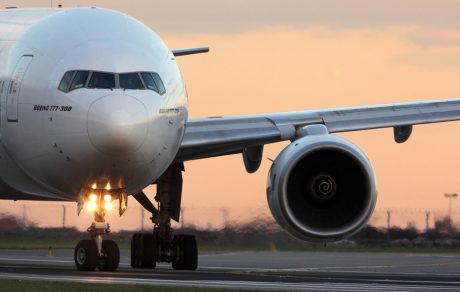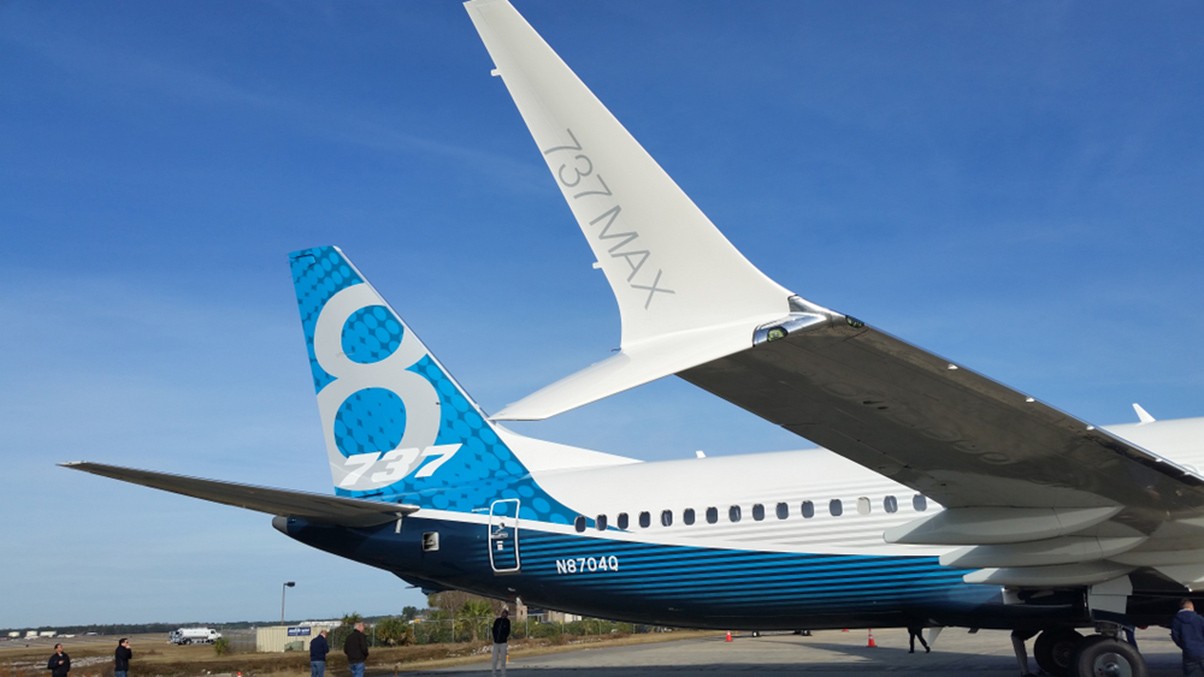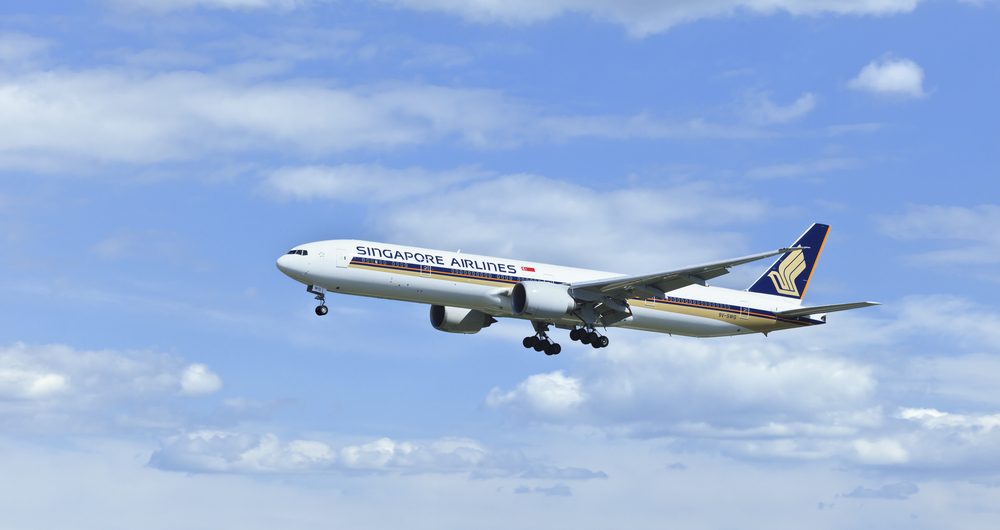The global aviation industry has been facing increased scrutiny and criticism following recent failures by airline stakeholders. Issues reported by several large companies have cast a light on commercial airline quality and supply chain issues in the sector.
In this article Elaina Bailes and Olivia Shaw consider these recent failures, their effect on the aviation sector and consequent exposure to litigation risk.
What has gone wrong for Boeing?
Boeing remains one of the largest companies in the aviation sphere, but it appears to be experiencing a crisis in governance in attempts to return to its former glory.
Boeing’s 737 Max aircraft has prompted some of the most significant crises in the manufacturer’s history. Following the tragic crashes of Lion Air Flight 610 (in 2018) and Ethiopian Airlines Flight 302 (2019), related to a faulty design of a system intended to mask the impact of the new engine position in the Max that caused both planes to malfunction, the aircraft series’ fitness for flight was again called into question in early 2024. Alaska Airlines Flight 1282 experienced an emergency exit door plug blowout, causing rapid decompression of the aircraft.
All planes with a similar configuration were grounded and a subsequent audit highlighted various failures in the manufacturer’s quality control process. Boeing said the Alaska Airlines defect had been identified but never fixed as it continued down the production line without the relevant paperwork, making it near-impossible to discover the team responsible for this serious mistake. Boeing also blamed the hiring of unskilled workers following the pandemic to meet customer demand for planes, as well as overly technical instructional documents which employees struggle to understand.
Boeing has been plagued with production issues due to a shortage of certain aircraft parts and labour challenges in its supply chain, impacting its market competitiveness. The manufacturer’s shares dropped by a third in the first six months of 2024 following news of its safety and maintenance failures. As a US listed company, Boeing shareholders in that jurisdiction could be eyeing litigation to recoup any losses.
Having failed to comply with fundamental principles of safety and technical excellence, Boeing has unsurprisingly been criticised for putting its profits over passengers. The manufacturer now faces increasing pressure to ensure the airworthiness of its planes and repair the inevitable damage to its reputation.
Supply chain issues dragging down Airbus
Boeing is not alone in its recent woes: in 25 June, Airbus’ shares dropped 12% in one afternoon’s trading, following a warning to investors that a shortage of engines and cabin parts was becoming a significant issue. Airbus blamed a disruption to its supply chain, which hampered its annual target to meet resurgent demand for its bestselling A320 plane.
While the lingering effects of Covid-19 have hit supply chains around the world, chief executive Guillaume Faury’s suggestion that a shortage of engines still represented a “significant issue” for Airbus triggered unease among investors. This marks the second time since 2022 that Boeing’s rival has failed to meet its annual delivery goal.
The sudden plummet of share price highlights how challenging the commercial aircraft supply chain is, and calls into question Airbus’ manufacturing plans. The aerospace giant, listed on the Paris, Frankfurt and Spanish stock exchanges, may now also be exposed to investors seeking to recoup losses as a result of a drop in the value of their shares.
Other capacity constraints
Michael O’Leary, Ryanair’s CEO, recently proposed that Airbus and Boeing’s aircraft delivery delays have triggered a knock-on effect on flight levels (particularly in the busy summer months) and higher ticket prices for customers. The Irish airline will reduce the number of passengers it will carry in 2024 to the end of March 2025 to “between 198 million to 200 million” compared with an initial forecast of 205 million, as a result of these issues.
Ryanair is not alone in experiencing capacity constraints. Wizz Air has been impacted by problems with the Pratt & Whitney engines that power its Airbus A320 fleet. The manufacturing company discovered that its geared turbofan engines had a contaminated powdered metal that could interfere with engine function due to cracking. Wizz Air passenger numbers fell for the first time this year.
The cracking issue has now impacted more than 30 airlines around the world including Air New Zealand and India’s IndiGo. It can take up to six weeks for maintenance checks and any required repairs for each instance of a reported issue.
Commercial aviation litigation risks
Effective airline governance is crucial for ensuring safety of passengers as well as the profitability, good reputation and sustainability of an airline. Where governance fails, parties that suffer as a result may seek to bring litigation for redress.
Disputes in this area may arise in the following circumstances:
- Claims for breach of fiduciary duty: An airline’s board may be liable where it fails to meet its responsibilities, including to monitor aircraft safety and manufacturing standards. A lack of governance may result in planes which are taken out of fleets due to issues, causing significant delays and knock-on effects to the overall supply chain, both domestically and internationally.
- Supply chain disputes: Delays and fleets left out of action may lead to contractual disputes as counterparties seek to reverse out of supply contracts, and sue for breach on the basis that a supplier has not fulfilled their obligations. Such disputes will turn on the provisions of the contracts themselves and will be dependent on facts such as the length of time that performance has been rendered impossible.
- Safety disputes: Where airlines commit actions which may be harmful to passengers (knowingly or otherwise), mass tort group actions may result.
- Regulatory compliance and investor claims: Under s90 and s90A of the Financial Services and Markets Act 2002, shareholders have a right of redress for untrue or misleading statements and omissions in prospectuses or published information. If airlines misreport their safety and production activities, this could open them to such claims for losses incurred by shareholders.
Conclusion
Governance failures can play a key role in exacerbating supply chain issues and exposing airlines to the risk of claims being brought by counterparties, shareholders and passengers. By prioritising governance to the correct degree, airlines will not only improve their operations but safeguard their reputation, protect passengers and achieve long term financial success.
You can find further information regarding our expertise, experience and team on our Commercial Litigation pages.
If you require assistance from our team, please contact us or alternatively request a call back from one of our lawyers by submitting this form.
Subscribe – In order to receive our news straight to your inbox, subscribe here. Our newsletters are sent no more than once a month.







